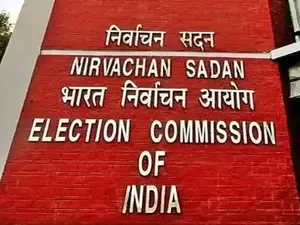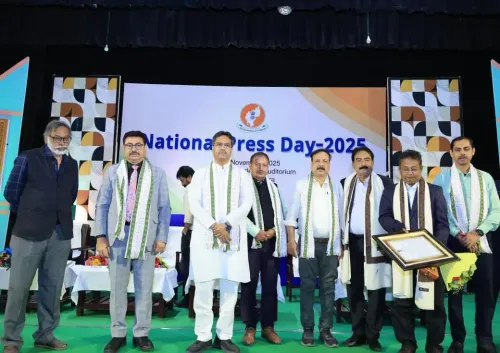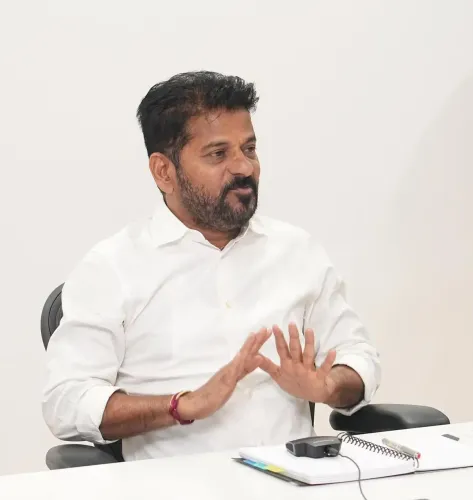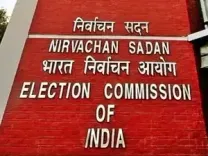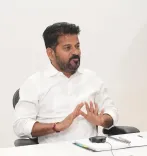Is Bengal Ready for SIR? New Additional CEO and Joint CEO Appointed!

Synopsis
Key Takeaways
- New leadership in the CEO office may impact the SIR process.
- Political controversies surround the SIR.
- The appointment process of the Deputy CEO is ongoing.
- Understanding the role of the ECI is crucial for voters.
- The implications of the SIR can affect voter lists significantly.
Kolkata, Oct 1 (NationPress) With the Election Commission of India (ECI)'s Special Intensive Revision (SIR) expected to commence in West Bengal at the end of this month, the office of the Chief Electoral Officer (CEO) has welcomed a new Additional CEO and Joint CEO.
Arun Prasad, an Indian Administrative Service (IAS) officer from the 2011 batch of the West Bengal cadre, is the newly appointed Additional CEO.
Panicker Harishankar, an IAS officer of the 2013 batch, has stepped in as the Joint CEO.
An insider from the CEO’s office has confirmed that the current CEO, Manoj Kumar Agarwal, has received official confirmation from the ECI's headquarters in Delhi regarding the appointments of Prasad and Harishankar.
Despite these key appointments, there remains uncertainty concerning the deputy CEO position. The ECI has instructed the CEO’s office in West Bengal to propose three candidates for the Deputy CEO role, allowing for one to be selected.
The ECI's communication specifies that the state government must submit the names of three bureaucrats with prior experience in managing election-related responsibilities. Typically, West Bengal Civil Service (WBCS) officers are preferred for this role.
The SIR process in West Bengal is fraught with political controversies, particularly due to strong opposition from the ruling Trinamool Congress. Party leadership claims that the SIR is an “indirect tactic” by the BJP and the Union government to impose the NRC in the state.
Conversely, the BJP asserts that the Trinamool Congress is intentionally opposing the SIR to prevent the removal of names of illegal Bangladeshi and Rohingya infiltrators from the voter list.
The last instance of SIR in West Bengal occurred in 2022.

